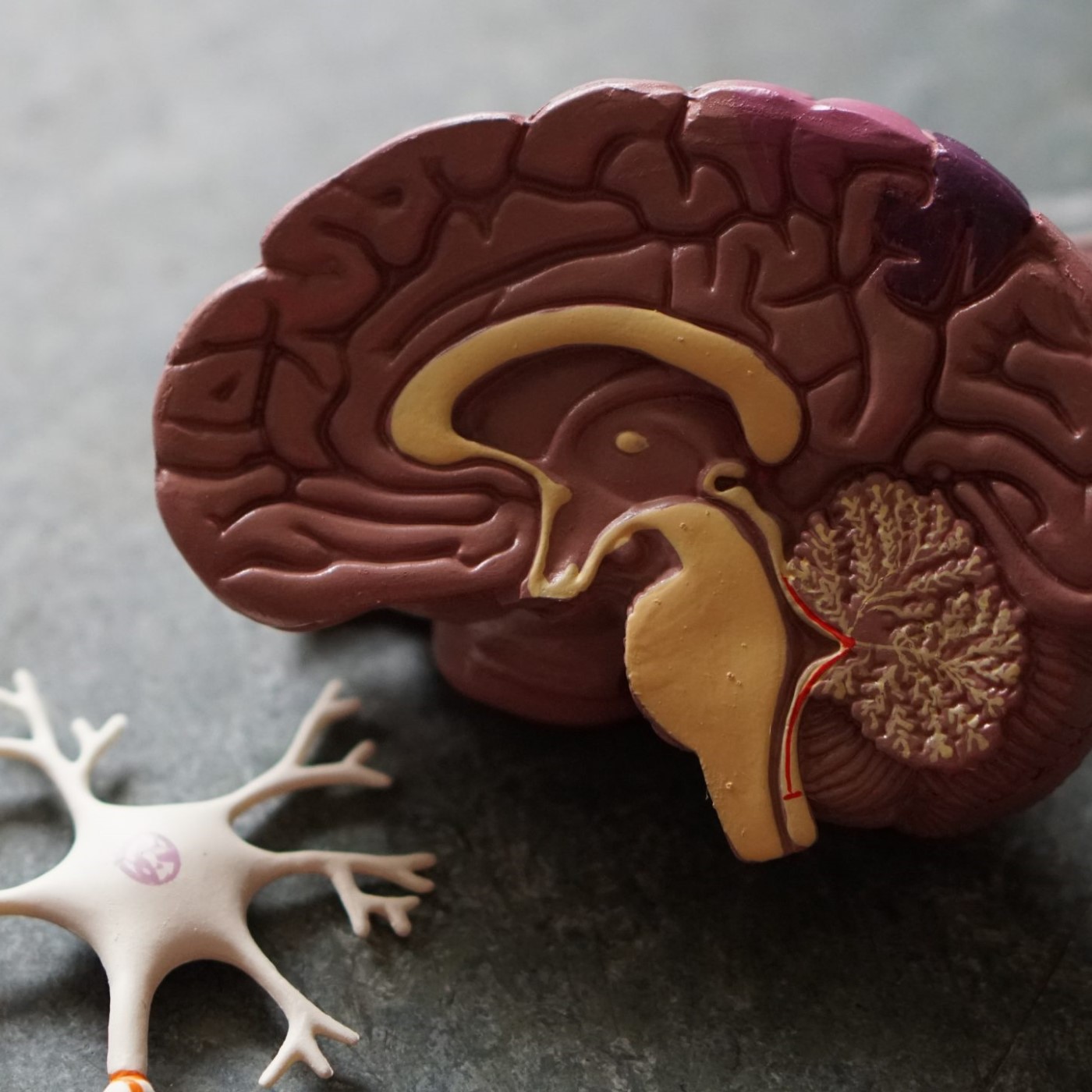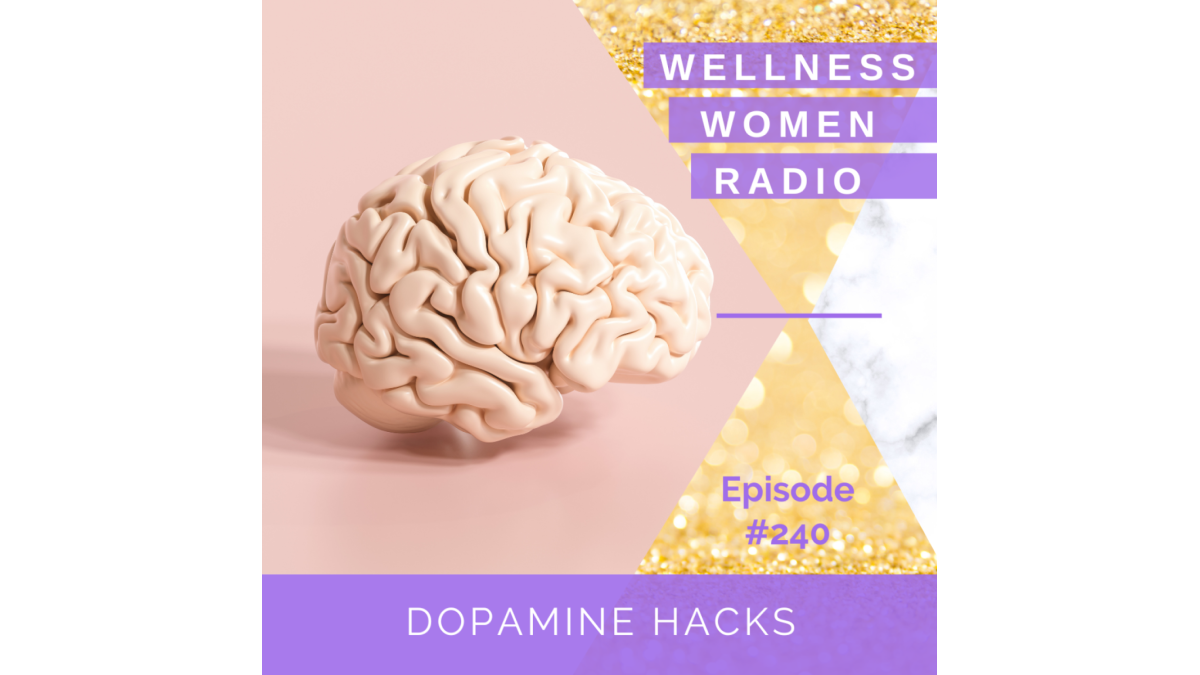This Week In Wellness high levels of triglycerides, a type of fat, long demonised for their potential role in heart disease and stroke, may contribute to a lower risk of dementia and a slower cognitive decline over time compared to people who have lower levels. https://www.news-medical.net/news/20231025/Older-adults-with-higher-levels-of-triglycerides-may-have-lower-dementia-risk.aspx https://n.neurology.org/content/early/2023/10/25/WNL.0000000000207923
TWIW 217: Triglycerides lower risk of dementia by 18%






